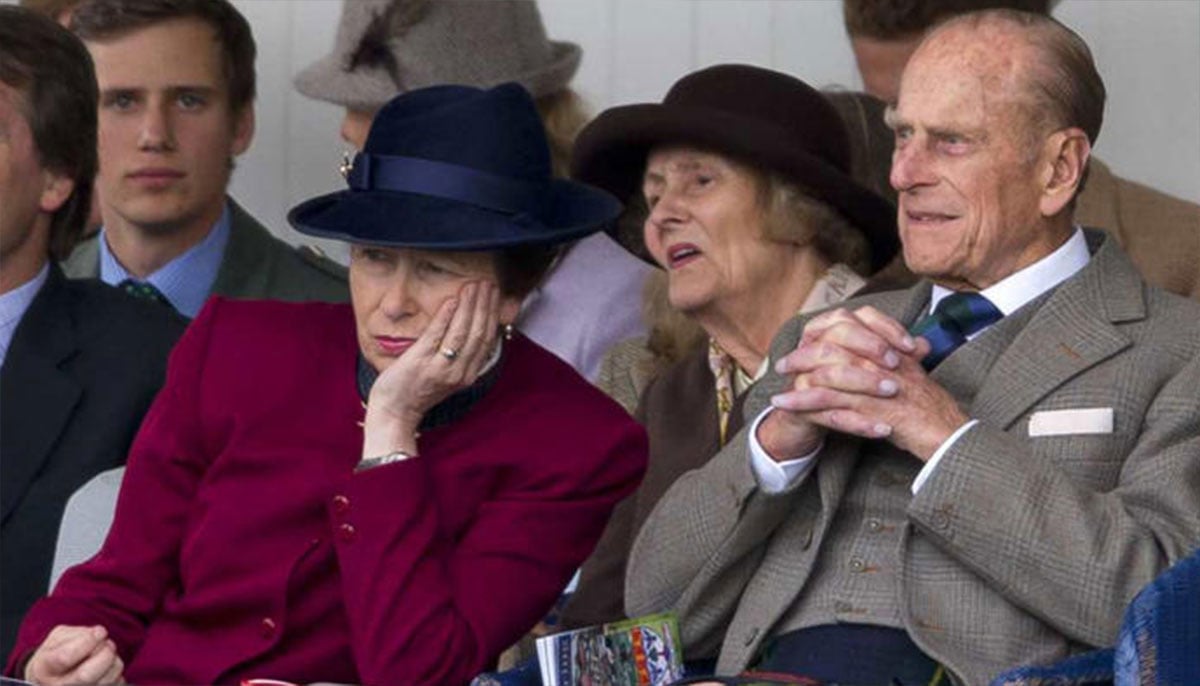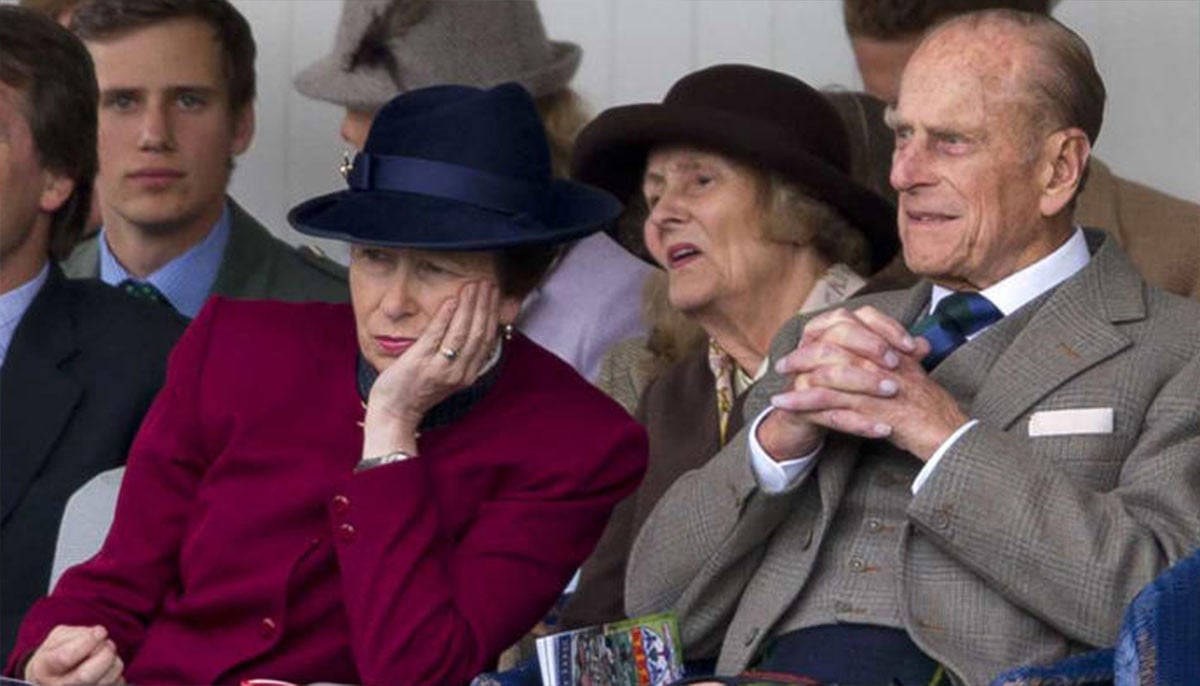
How Princess Anne won Prince Philip’s sporting heart
Princess Anne has earned her reputation as the Royal Family’s most steadfast and hardworking member a role that few would dispute. Known for her blunt honesty, relentless dedication to duty, and no-nonsense approach, she has long been admired for prioritizing work over fuss.
Beyond her royal commitments, Anne also carved her place in history as a talented athlete, becoming the first royal ever to compete in the Olympics.
While many assume her love of horses came from her mother, Queen Elizabeth II, it was actually Prince Philip who nudged his daughter into the saddle and shaped her sporting path.
Unlike her elder brother, Charles more inclined toward books and sensitivity Anne inherited her father’s brisk, outdoorsy spirit.
As Majesty magazine’s editor-in-chief Ingrid Seward once noted in The Daily Mail, “Single-minded, sporty and brave, she is unafraid of controversy and cares little for the opinion of others.
In other words, she is very much her father’s daughter, in a way that Prince Charles can never be his father’s son.”
Those closest to the Royal Family often remarked on the stark contrast between Princess Anne and her elder brother.
Eileen Parker, whose husband was a close friend of Prince Philip, once observed: “Charles is more like The Queen, while Anne is very like Prince Philip. He always had more fun with Anne.”
That father–daughter bond was forged early, built not only on personality but also on shared passions.
As royal expert Ingrid Seward explained, the Duke of Edinburgh had “no reservations about letting his daughter expose herself to the dangers inherent in equestrian sport.” One observer even noted it was “almost as if he treated her as a son.”
Anne’s precocious, daring nature quickly shone through. While Charles was still mastering the basics, she was already excelling.
“Charles was still at the end of a leading rein when Anne was already jumping,” Seward wrote. “She was also galloping before he had properly learned how to trot.” Spotting her natural talent, Philip made sure Anne received the finest training.
Their shared love of sailing further deepened the connection. Philip, a seasoned sailor with an enduring passion for the sea, successfully passed that enthusiasm on to Anne — something he struggled to do with Charles.
According to Seward, the future King was “a poor athlete” as a boy, prone to seasickness and resistant to both the rigors of life on board and his father’s brisk, no-nonsense style of instruc
